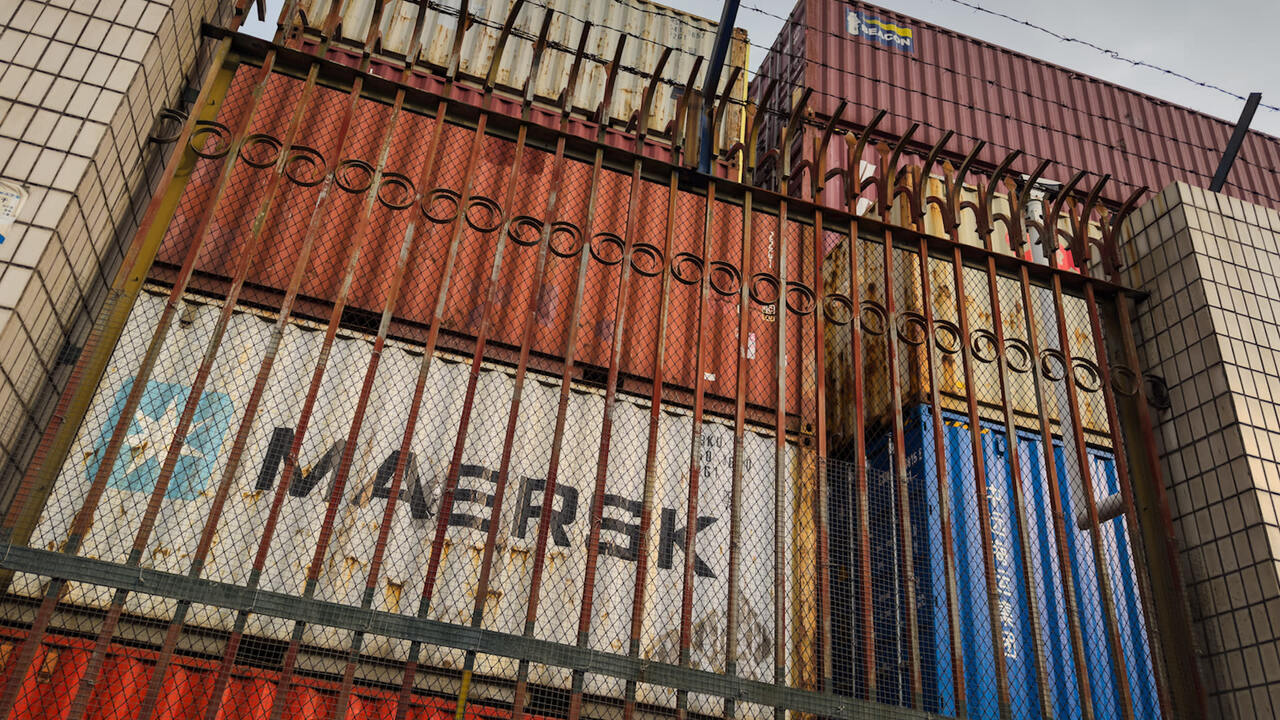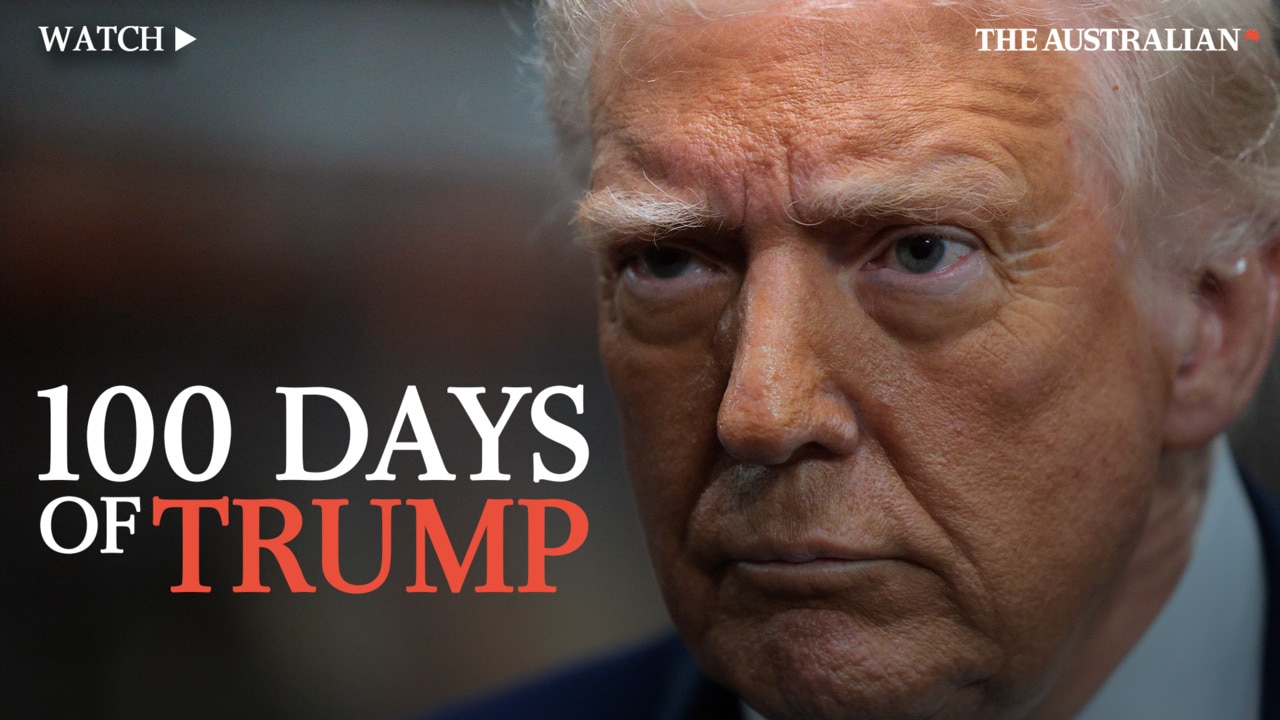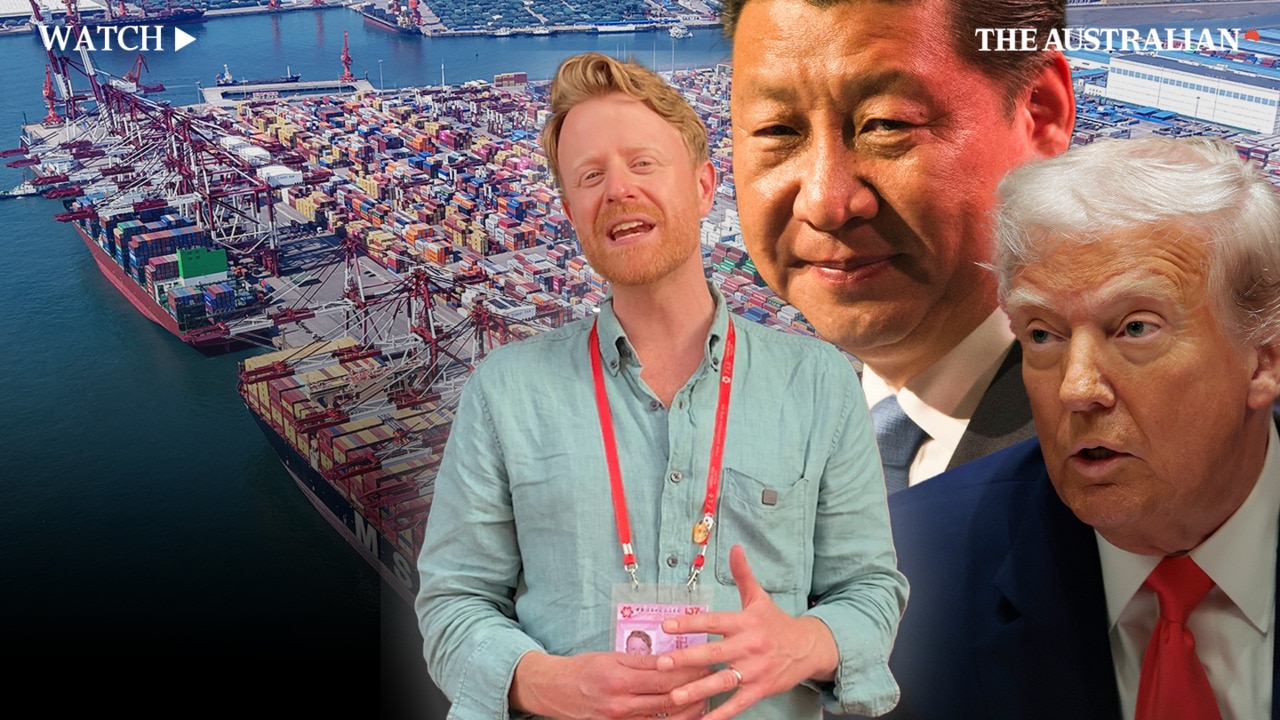From surprise to scorn, then anger: China’s first 100 days of Trump
Beijing has never experienced a first 100 days of an American presidency anything like it. Now Xi’s propaganda machine is calling for Chinese people to prepare for a ‘protracted war’ to withstand the economic assault.

First surprise, then scorn, then shock, now anger. Beijing has never experienced a first 100 days of an American presidency anything like it.
In just over three months, Donald Trump has gone from saviour of Chinese social media giant TikTok to raider of the Hong Kong tycoon owned Panama Canal; he has upset even Chinese supporters of Vladimir Putin for his disrespect of Ukraine’s wartime leader Volodymyr Zelensky; he has added a new page on his White House website, declaring Covid leaked from a laboratory in Wuhan; and only weeks ago, with the assistance of his fellow strongman Xi Jinping, he has ratcheted American tariffs on Chinese goods to a punishing 145 per cent.
Chinese assessments are damning – even from voices traditionally more sympathetic to America than the country’s jingoistic party-state line.
“Trump, the arrogant wild Machiavellian, reminds one of another such guy, Russia’s Putin when he launched his aggressive slaughter against Ukraine,” Renmin University professor Shi Yinhong, a grandee of Chinese international relations, told The Australian.
“History sometimes teaches someone nothing,” he added, describing Trump as a man trapped by his own “volatility and vanity”.

From Washington to Beijing, government officials, business figures and researchers are trying to distil lessons from Trump’s chaotic return to help navigate the remaining 1361 days of his second term.
Many are in a state of discombobulation. Almost four in five respondents to a recent survey by the National Committee on United States-China Relations said they found Trump’s current China policy “not so clear” or “not clear at all”.
President Xi’s government appears to be similarly bamboozled by just how quickly the world’s most important diplomatic relationship has unravelled.
In a phone call days before Trump was inaugurated, Xi told the American president that “the two sides should follow the principles of mutual respect, peaceful coexistence and win-win co-operation … and keep the two giant ships of China and the United States sailing forward along the route of steady, sound and sustainable development”.

Less than four months later, the two leaders are waging an economic war that has gone far beyond their showdown in Trump’s first term.
“The severity, and the intensity, of the trade war I think has surprised many, including the [Chinese] government,” Bert Hofman, the former China director at the World Bank, told The Australian after a recent visit to Beijing.
Trump’s tariffs on Chinese goods – and Xi’s 125 per cent counter tariff on American goods – are forecast to wipe more than 2 per cent off China’s GDP target this year, unless Beijing steps in with stimulus and other support measures. Goldman Sachs analysts estimate about 16 million jobs are in danger.

Economic pain is already being felt, particularly in trade-exposed regions along China’s coast. In Yiwu, the knick-knack hub of the world in Zhejiang province, exporters told The Australian their American markets collapsed overnight after “Liberation Day”. In Guangzhou, at the recent Canton Fair, exporters worried Trump’s tariffs had worsened an already difficult economic environment.
Beijing’s propaganda organs, drawing on a Mao-era slogan, are calling for Chinese people to prepare for a “protracted war” to withstand the American economic assault. Memes mocking the American President flood China’s curated internet.
Beyond the bombast, China’s government has already quietly given tariff exemptions to some American imports in the aviation, industrial chemicals and semiconductor sectors, after lobbying from anxious businesses.
China’s ministry of commerce is considering further carve-outs from its 125 per cent impost, which some multinationals have warned could force them to leave the country. Trump’s Treasury secretary Scott Bessent said this week Washington could embargo those goods if the President’s team decides it needed “more leverage” to force Beijing to negotiate.

Along with economic anxiety, a wave of anger against Trump has spread across China. High-dudgeon editorials in state media and stodgy rants by the Chinese foreign ministry are to be expected, but a more noteworthy backlash is also under way.
Hu Wei, the founding dean of the school of international and public affairs at Shanghai Jiao Tong University, said he had long been regarded in China as part of the “pro-American faction”. “But recently people asked me why I have changed to be an ‘American foe’. As a matter of fact, I didn’t change to be an ‘American foe’. What I’m against is Trump’s behaviour,” Professor Hu told The Australian.
“Trump is burning the free world order and free trade order which were established by the US after World War II. [He] has made America’s image as a beacon of the free world fall apart,” he added.
As Beijing’s propaganda machine in recent weeks has pumped out Mao Zedong speeches for guidance on how to steel the country for a long struggle, Trump keeps saying he wants to do a deal with Xi, whom he calls a “very strong, very smart” leader. Chinese government advisers, meanwhile, say Xi will not negotiate directly with the American president until it is clear what he wants.
Even after this bruising return, some American experts argue the range of possibilities for the US-China relationship under Trump remains wider than for any leader since Richard Nixon in the late 1960s and early 1970s.
But seen from China, the trajectory looks bleak. “In the rest of Trump’s administration, China-US relations may have a periodic detente,” professor Hu told The Australian. “But I’m pessimistic that the relationship will come back to a normal track.”




To join the conversation, please log in. Don't have an account? Register
Join the conversation, you are commenting as Logout